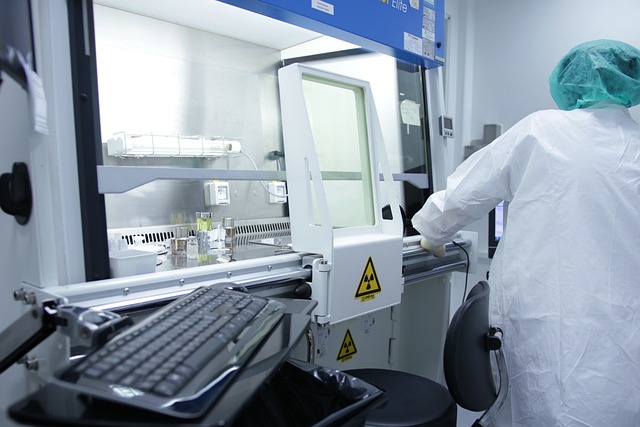Article by Grace Nam, Strategic Solutions Manager, Healthcare, at Laserfiche
In the NHS, healthcare professionals continue to suffer from administrative headaches, burdened with outdated systems and processes for handling and processing patient data. Currently, doctors report having to enter seven passwords just to access the information they need. In the medical profession, where time is a precious resource, staff don’t have the time to spend hours locating and then deciphering patient information.
Outdated digital infrastructure isn’t just a headache for staff; siloed systems also place patient data at risk, providing cyberattacks with low barriers for entry. Last year, the Synnovis attack proved just how devastating data breaches can be for the healthcare sector, both financially and reputationally. The estimated costs following the Synnovis breach were £32.7 million: well outweighing its profits of £4.3 million from the year prior.
On a positive note, the technology is now available today to support clinicians to better streamline workflows, enhance data security, and reduce previously burdensome manual tasks. Document management systems support healthcare practitioners with access to information at their fingertips and remove the burden of manual information handling tasks. Let’s take a look at the technologies which are already improving compliance, security, and patient experiences in the healthcare sector.
Data compliance in the digital realm
More sensitive data means more scrutiny of data management. The NHS highlights the importance of looking after patient data carefully to adhere with the Data Protection Act (DPA), Common Law Duty of Confidentiality (CLDC), and GDPR. The DPA for example outlines that consent has to meet certain guidelines to be valid such as being used for a clearly defined purpose and being withdrawable – as easy to withdraw the data as it is to give it. However, outdated systems and disparate data make it difficult for NHS bodies to fulfil these requirements.
Creating a frictionless experience for busy healthcare professionals is crucial. Staff need to understand what data they can share, how they should share it, and what data should be deleted after a given time. A robust content services platform that centralises patient data improves this regulatory compliance by providing a complete oversight of record history and a single source of truth. Through this platform, medical professionals can share information securely and power automated retention policies that manage documentation throughout its lifecycle, ensuring compliance with regulations and retention laws.
This effective document management and recordkeeping should be scalable and flexible, allowing for changes in existing workflows and evolving regulatory requirements.
Patient protection starts with data protection
By introducing effective patient data management, healthcare professionals can also streamline security efforts and reduce the risk of cyber attacks. Healthcare institutions should manage all patient data and customer information with secure storage, encryption, and stringent access controls through a platform that can track user activities and provide detailed audit trails of document access and modifications.
What’s more, this digitalised data management gives healthcare providers the opportunity to use AI. They can use this to integrate various data sources, including patient information and medical records, into the Electronic Health Record (EHR) system, creating a comprehensive view of a patient’s health history. Healthcare providers can also use AI to optimise medical records management, facilitating secure and centralised storage of medical records. This enables authorised staff to access information quickly and efficiently, while adhering to regulations. Automation can also streamline record lifecycles, minimising manual work and potential compliance fines.
Putting the most meaningful work first
As the UK government looks to capitalise on the efficiencies offered by AI, robust systems for digital document management will lay the foundation for major innovations in healthcare. However, healthcare leaders can already feel the benefits of AI on a smaller scale by integrating it into everyday processes, to streamline how data is managed, processed and interpreted.
Tools such as intelligent data capture make it easy to process reams of data and index it at speed. By analysing huge amounts of patient information and medical records, AI can unearth hidden trends, patterns and identify anomalies. And AI models are only improving over time. As AI evolves, it will be able to support clinicians and make recommendations for care plans, tailored to a patient’s individual treatment needs and medical history.
The road ahead
Into the future, digital transformation in the NHS will drive safer, more efficient and patient-centric care. By embracing digital solutions, such as AI-powered document management systems, healthcare providers can save clinicians valuable time, by automating processes from appointment scheduling to post-operative reminders. Artificial intelligence could also further enhance patient data exchange, where AI can easily capture and integrate various types of patient data, including demographics, insurance information, and medical records. This not only ensures accurate data processing but also allows for quick retrieval of information.



